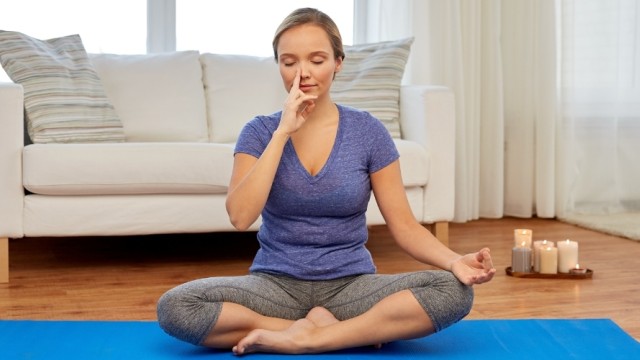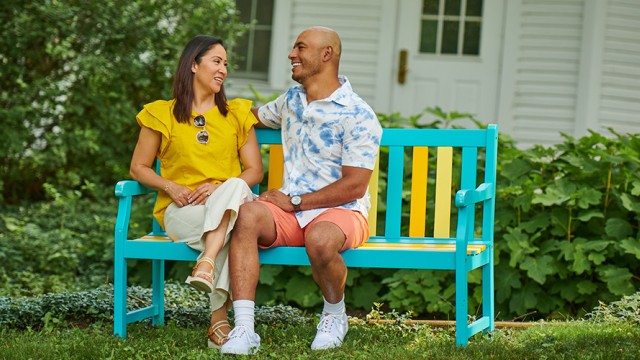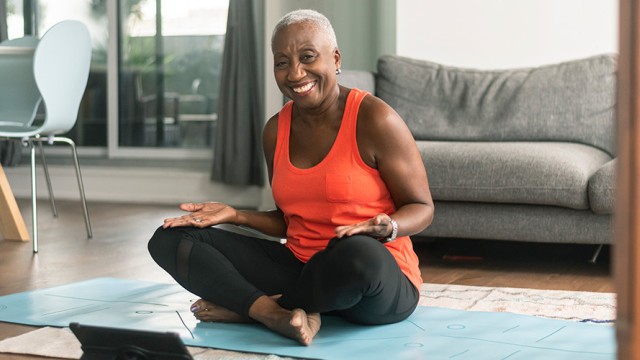Cómo elegir un protector solar

Walk into just about any store, and you'll see shelves, end caps and displays of sunblock and sunscreen for sale. With all those options, it can be difficult to figure out which one is best for you and your family.
Here are five things to know about how sunscreen can protect your skin from sun damage.
1. Sunscreen and sunblock are different. The terms may sound similar, but they are not identical.
Sunblock prevents the sun's UV rays from coming into contact with your skin. Minerals, such as zinc or titanium oxide, form a barrier on the surface of the skin to deflect the sun's rays.
Sunscreen contains chemicals that absorb ultraviolet radiation from the sun. The UV-filtering ingredients protect you from most of the damaging rays, but not all.
2. Two types of rays can damage skin cells. It's important to use sunscreen that protects your skin from UVA and UVB rays. Look for a product labeled broad spectrum. That means it has ingredients that give you more sun protection.
UVB rays cause sunburn, which can lead to skin cancer. UVA rays are linked to more long-term skin damage that results in wrinkles and age spots.
3. Sun protection factor measures product protection. The SPF number on the label of your sunscreen tells you how much UV radiation hits your skin. SPF 30 means the formula absorbs all but 3 percent of UVB rays. SPF 50 keeps 98 percent from hitting your skin.
No sunscreen absorbs 100 percent of UVB rays.
4. Apply and reapply. Once is not enough with sunscreen. Before you go outside, apply about an ounce of sunscreen over your entire body. Reapply the same amount every 80 minutes. If you are in water or sweat, you need to reapply more frequently.
5. Use multiple defenses against sun damage. No one method of protection works completely. That's why it's important to go beyond sunscreen to save your skin from sun damage.
More ways to lower your risk of skin cancer
- Choose shade particularly between 10:00 a.m. and 4:00 p.m. when the sun’s rays are the strongest.
- Cover up with clothing that shields your skin from UV rays. Wear a long-sleeved shirt, pants, a wide-brimmed hat and UV-blocking sunglasses.
- Check yourself from head to toe every month for signs of skin damage.
- Use sun protection all year. The sun may not feel as hot in winter, but its rays cause skin damage even when it's cold outside. UV rays can penetrate through windows, so it's important to protect your skin when you are indoors or in a car.
Save your skin – and your life
Anyone can get skin cancer, regardless of skin color or age. That's why it's important to know your skin and recognize changes early. The sooner you get a blemish or freckle checked, the better chance you have to avoid serious problems with your skin.
Skin cancer is the most common type of cancer diagnosed today. In fact, one in five people develop skin cancer in their lifetime. Talk with your doctor about regular skin exams.
Goshen Physicians offers total body screenings or spot checks to look for signs of pre-cancerous or cancerous growths. Need a doctor? All of our Goshen Physicians primary care offices are welcoming new patients. Call (574) 537-5000 or review our list of offices.
Goshen Center for Cancer Care specialists offer expert care for all different types of skin cancer for patients from Fort Wayne, South Bend and beyond.










